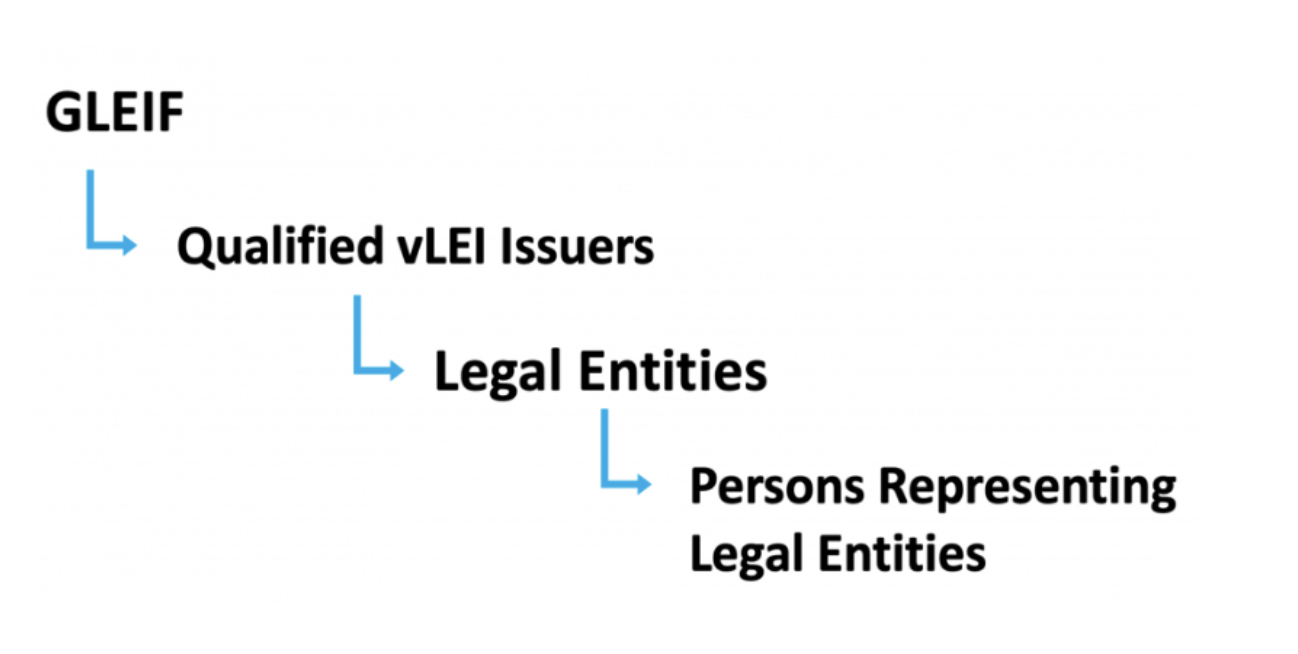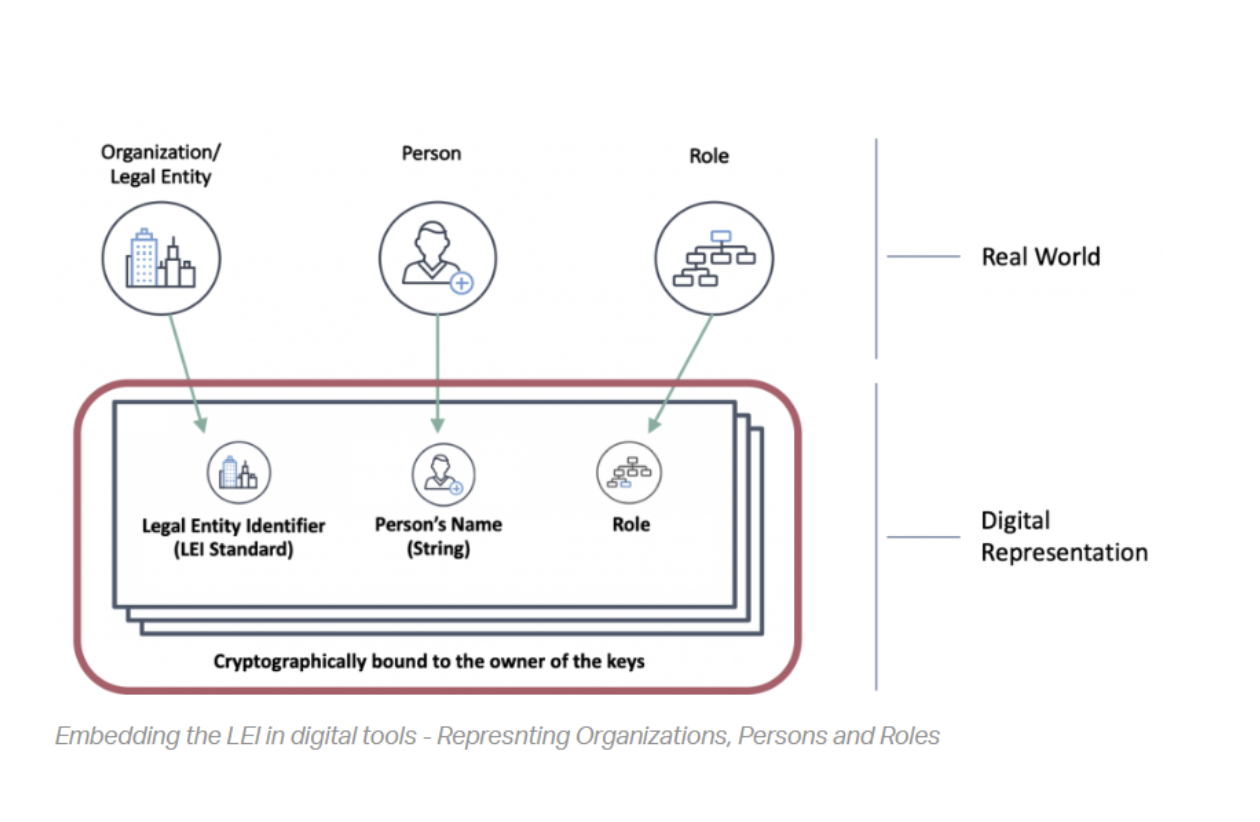LEI (Legal Entity Identifier) is a standard that is used to uniquely identify legal entities such as corporations, trusts, partnerships, and foundations. LEI has become an industry standard to facilitate the more efficient identification of legal entities in financial transactions. While LEI registration is not compulsory, it is mandatory for several financial transactions.
Keep reading to find out whether LEI registration is compulsory for your business, what are the benefits of having an LEI and how to obtain one.
List of LEI regulations in India
Indian LEI regulations are as follows (latest first)
| Date of regulation passed | Regulation passed for | Description | Download Link |
| 21 April 2022 | LEI code for borrowers | RBI has advised that non-individual borrowers enjoying aggregate exposure of ₹5 crores and above from banks and financial institutions (FIs) shall be required to obtain LEI codes as per the given timeline. | Click here |
| 10 December 2021 | Introduction of LEI for Cross-border Transactions | RBI has advised that the cross-border transactions for capital or current account with ₹50 crores and above must obtain LEI number before 1 October 2022, | Click here |
| 5 January 2021 | Introduction of LEI for Large Value Transactions in Centralised Payment Systems | RBI decided to introduce the LEI system for all payment transactions of value ₹50 crores and above undertaken by entities (non-individuals) using Reserve Bank-run Centralised Payment Systems, viz. Real-Time Gross Settlement (RTGS) and National Electronic Funds Transfer (NEFT). | Click here |
| 5 June 2020 | Insurance Regulatory and Development Authority of India | The Insurance Regulatory and Development Authority of India (IRDAI) made it mandatory for borrowers to have an LEI code. | Click here |
| 27 March 2020 | Legal Entity Identifier: Extension of deadline | Due to covid19, RBI extended the deadline to obtain an LEI code. | Click here |
| 9 October 2018 | Security and Exchange Board | Security and Exchange Board of India passed a regulation making LEI code mandatory. | Click here |
| 2 November 2017 | Introduction of LEI for large corporate borrowers | RBI decided that the banks shall advise their existing large corporate borrowers having total exposures of ₹ 50 crores and above to obtain LEI as per the schedule given in the annex. | Click here |
| 1 June 2017 | Introduction of Legal Entity Identifier for OTC derivatives markets | RBI decided to implement the LEI system for all participants in the Over-the-Counter (OTC) markets for Rupee Interest Rate derivatives, foreign currency derivatives, and credit derivatives in India. | Click here |
What problems does the LEI help to solve?
LEI is a unique reference number that identifies your company. It can identify your company in any financial transactions such as trade finance and finance leasing.
Using an LEI to identify your company can help solve a significant number of problems that are often encountered while conducting business transactions.
Some of these common problems include:
- Inability to verify the identity of the counterparty
- Failure to understand the creditworthiness of the counterparty
- Inability to know the financial strength of the counterpart
- Inability to settle disputes
Where can I get a Legal Entity Identifier?
There are several service providers offering LEI services in India. It is advisable to choose a reliable LEI vendor when obtaining an LEI. You can obtain an LEI from LEI Kart, one of the fastest service providers providing free LEI certificates.
Register an LEI with LEI Kart
LEI Kart is an LEI registration platform that enables a simple and quick way to register your company’s LEI. It provides new registration, renewal, and transfer.
You can find the steps to register an LEI with LEI Kart here.






